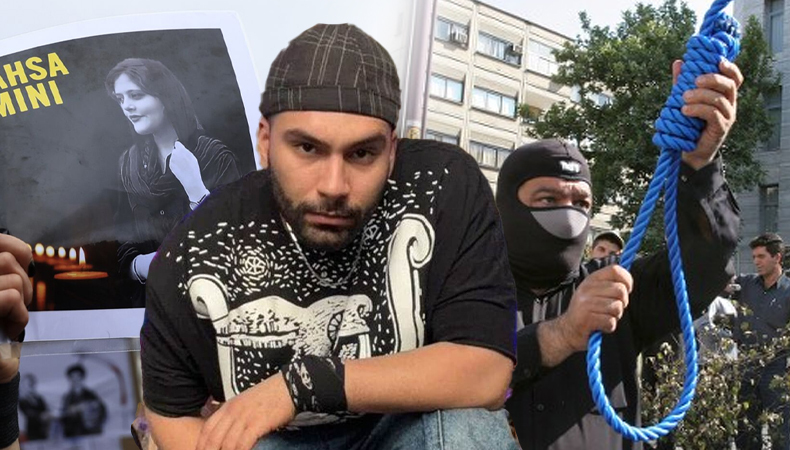Iran’s first protest-related execution

Iran has announced the first execution of a person found guilty of a crime related to the nation’s current protests that has been made publicly known.
Mohsen Shekari was the individual who was executed, according to the official news website of the Iranian judiciary on Thursday.
Due to allegations that he attacked a security guard in Tehran with a knife and blocked down a street, he was found guilty of “waging war against God.”
The judiciary reported that there was barely over a month between the man’s first court appearance and his execution, demonstrating the haste with which Iranian authorities have vowed to prosecute cases linked with “riots” — as they frequently refer to occurrences related to the protests.
The 22-year-old Mahsa Amini was killed in custody after being detained by Iran’s morality police for allegedly failing to follow the country’s mandatory dress code for women. Protests broke out across Iran after Mahsa Amini’s death. The 23-year-old Shekari was arrested on September 25, just over a week later.
Read | Did the Iran government poison dissidents? What happened to 1,200 Iranian students?
On November 20, Shekari was given a preliminary death sentence; it was executed on Thursday morning not long after the country’s Supreme Court upheld it.
Shekari was allegedly accompanied by a friend named “Ali” who gave him a long knife and offered him “excellent money to join in the rioting,” according to claimed confessions made public by the judiciary.
Shekari allegedly assisted in blocking down a thoroughfare in central Tehran’s crowded Sattarkhan neighborhood before punching a security guard in the shoulder blade.
He also accused them of “inspiring anxiety and fear, denying people their freedom, and endangering their security.”
In connection with the protests, Amnesty International had earlier this month issued a warning that at least 28 individuals in Iran would be put to death. They stated that “authorities utilise the death penalty as an instrument of political repression to crush the popular revolt.”




